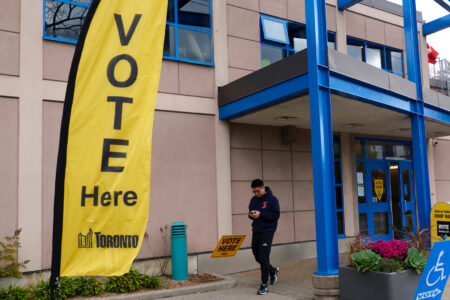
Constituency-level election campaigning is the ground game of federal elections. It’s candidates knocking on doors, workers and volunteers pounding signs into front lawns, their chaotic and spirited 11th-hour get-out-the-vote efforts. For years, some political observers have dismissed local-level campaigning as a quaint holdover from a time before national leaders’ tours took centre stage in media coverage, and local candidates were subsumed by political party brands and leaders. However, constituency-level election campaigning is gaining ground once again. The rise of microtargeting electors through social media and the use of big data have centralized local campaigns – but also energized them.
This feature series of articles draws on some of the chapters in a book UBC Press plans to publish in 2022. The articles include on-the-ground interviews with campaign insiders, who offer insights into the vital machinery of local campaigning. The authors explore the increasing personalization of local candidates, and how storytelling techniques are being used to shape images. They examine the tricky balancing act of local vs. national messaging, and who can and can’t afford to deviate from centralized communications strategies. How does local party fundraising, which is so labour-intensive, differ from national efforts? And why should politicians still bother with debates, which are increasingly regarded as inefficient vote maximizers?
The articles demystify the layers of organization that surround candidates, examining the work of campaign regional directors, managers and the armies of workers.
The series was developed in collaboration with the book’s editor Alex Marland, professor and head of the Department of Political Science at Memorial University in St. John’s, NL, and a member of the board of the Institute for Research on Public Policy, which publishes Policy Options.







